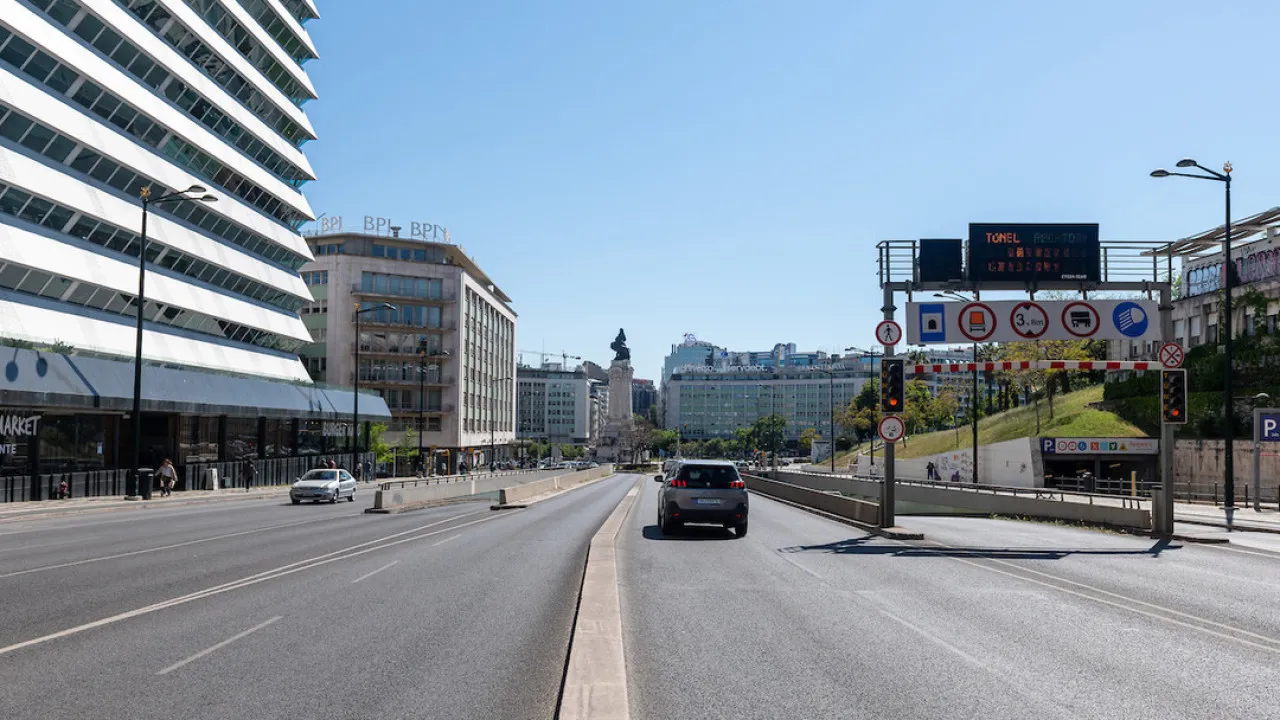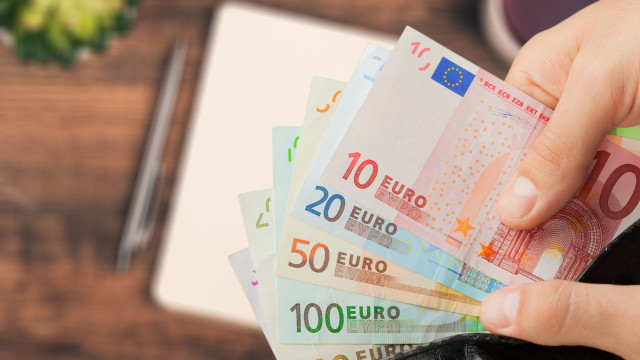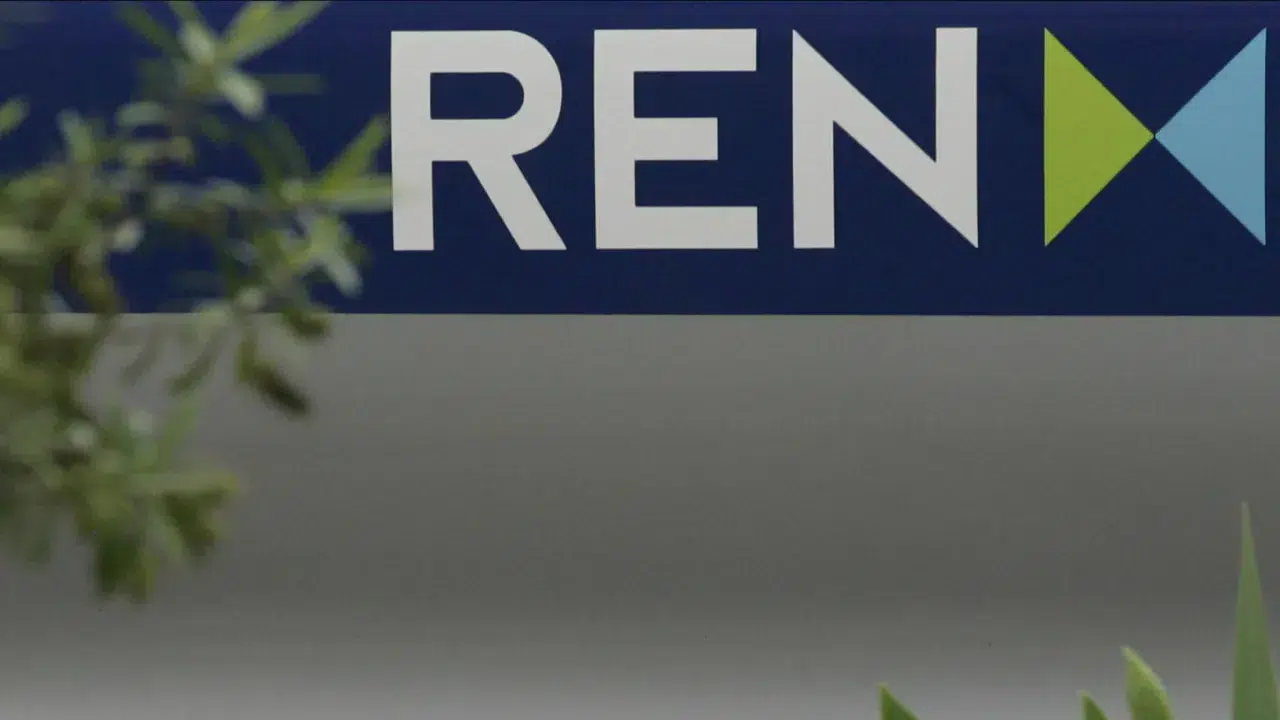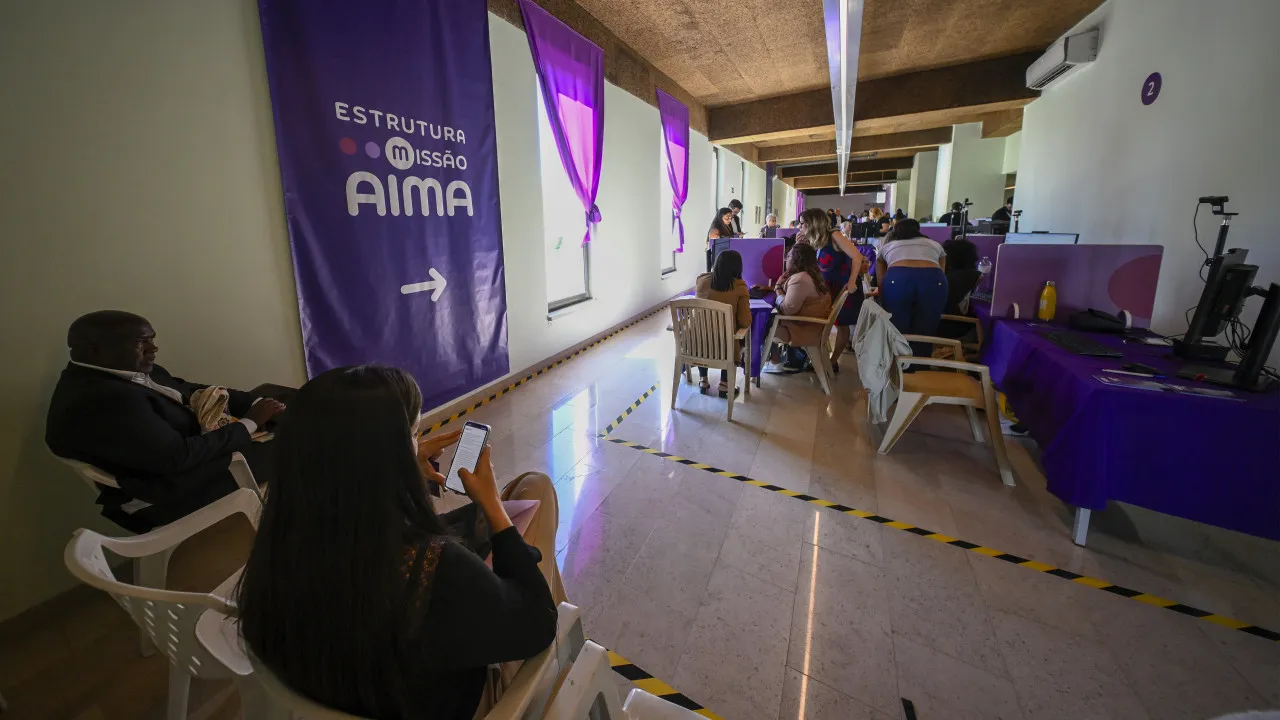Inflation is hitting hardest the goods and services on which the Portuguese spend most money, such as food and transportation, which already accounted for half of the expenditure of residents in Portugal in March. The increase in prices and the consequent loss of purchasing power should give substance to the May 1st initiatives.
European Central Bank data on the distribution of spending on goods and services show that each Portuguese spent an average of 318 euros in March on food and beverages, 221 euros on transport, and 219 euros on restaurants, cafes, and hotels. Together, these portions represent half of Portugal’s average monthly earnings of 1543.29 euros, according to the OECD. This value is gross and includes the salary, all allowances and supplements.
Food now costs 19.6% more than a year ago, and the prices of goods and services in restaurants, cafes and hotels are 13.5% higher. In transportation, although overall prices fell 0.8%, the Portuguese buy more new cars than the Euro Zone average, and inflation in this category was 6.1%. Spending in restaurants and cafes follows the same trend: we spend more than the average, and inflation was 10.1%. Thus, despite the slight decrease in the overall inflation rate, the impact on the Portuguese wallet is still evident. Hence the demand for better salaries, promised for today.
More housing: Deco warns that a quarter of credits will not receive support







